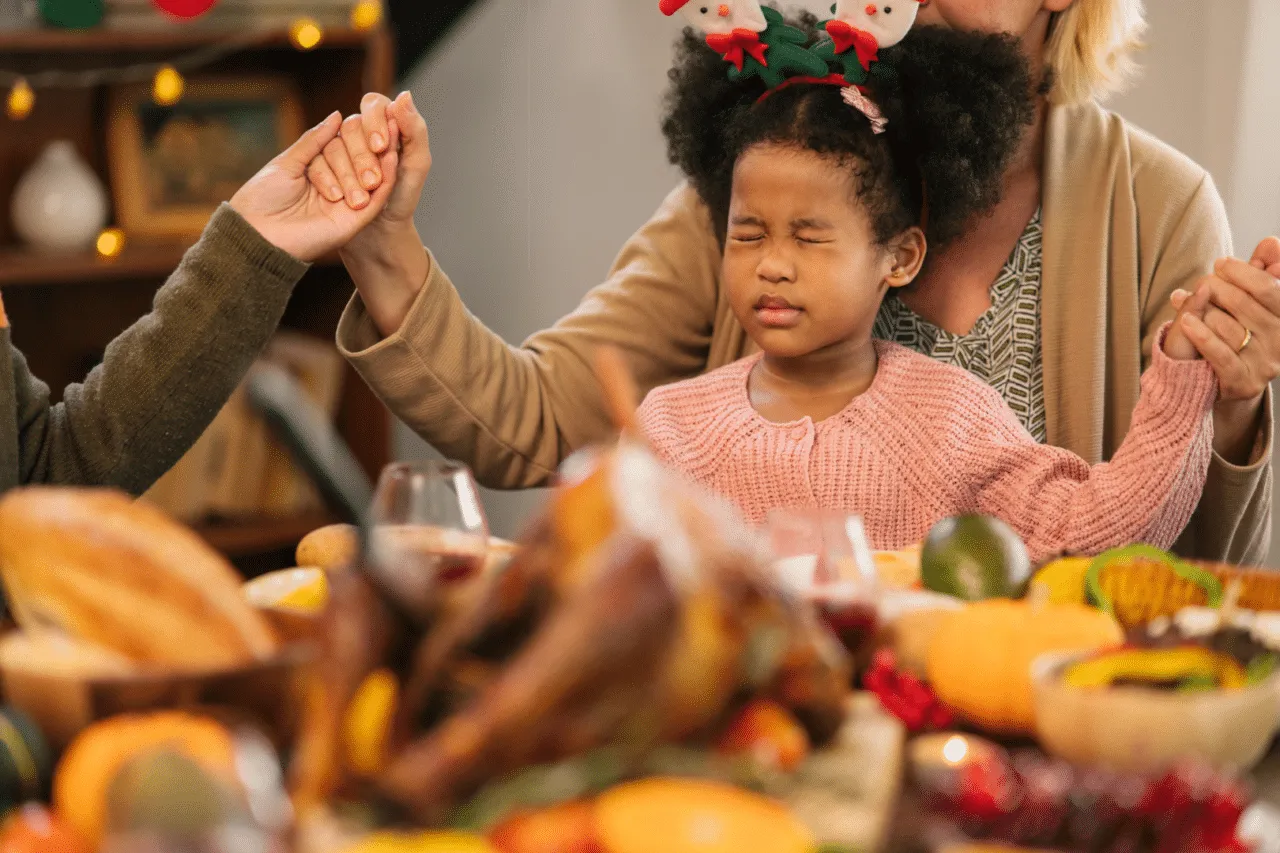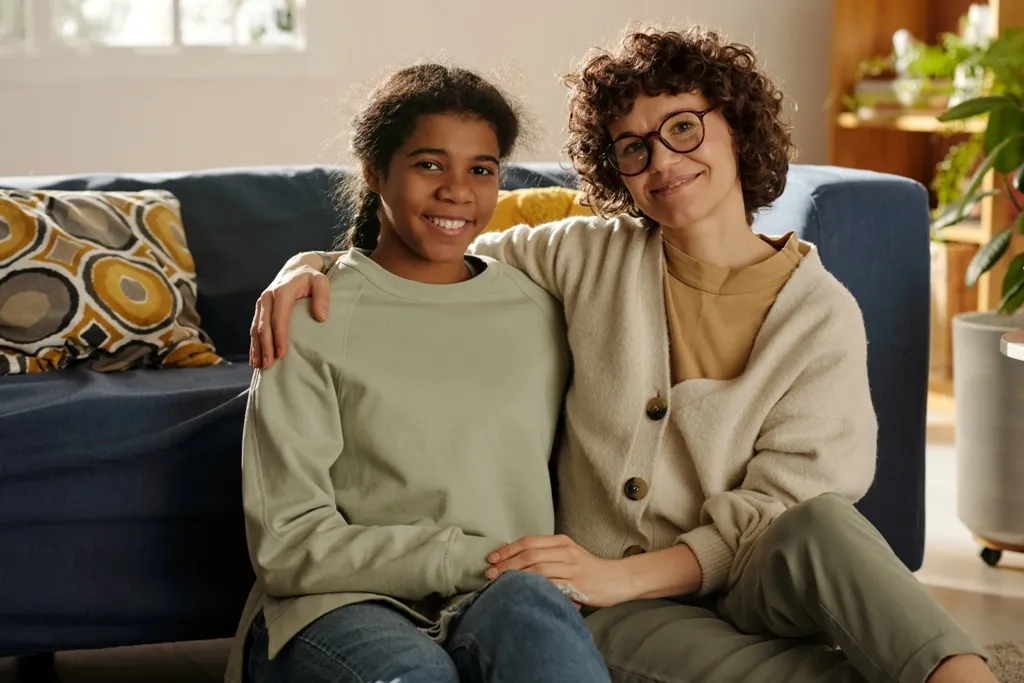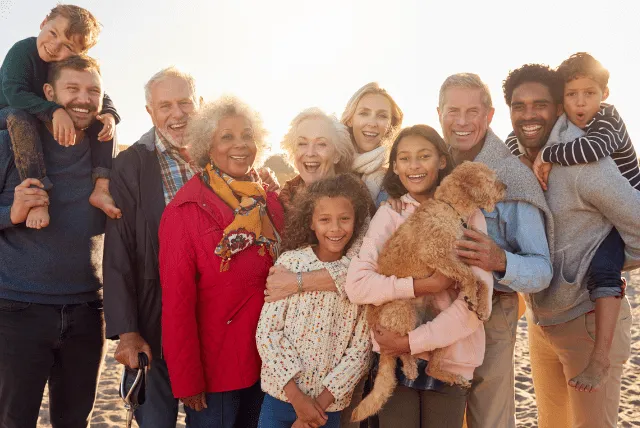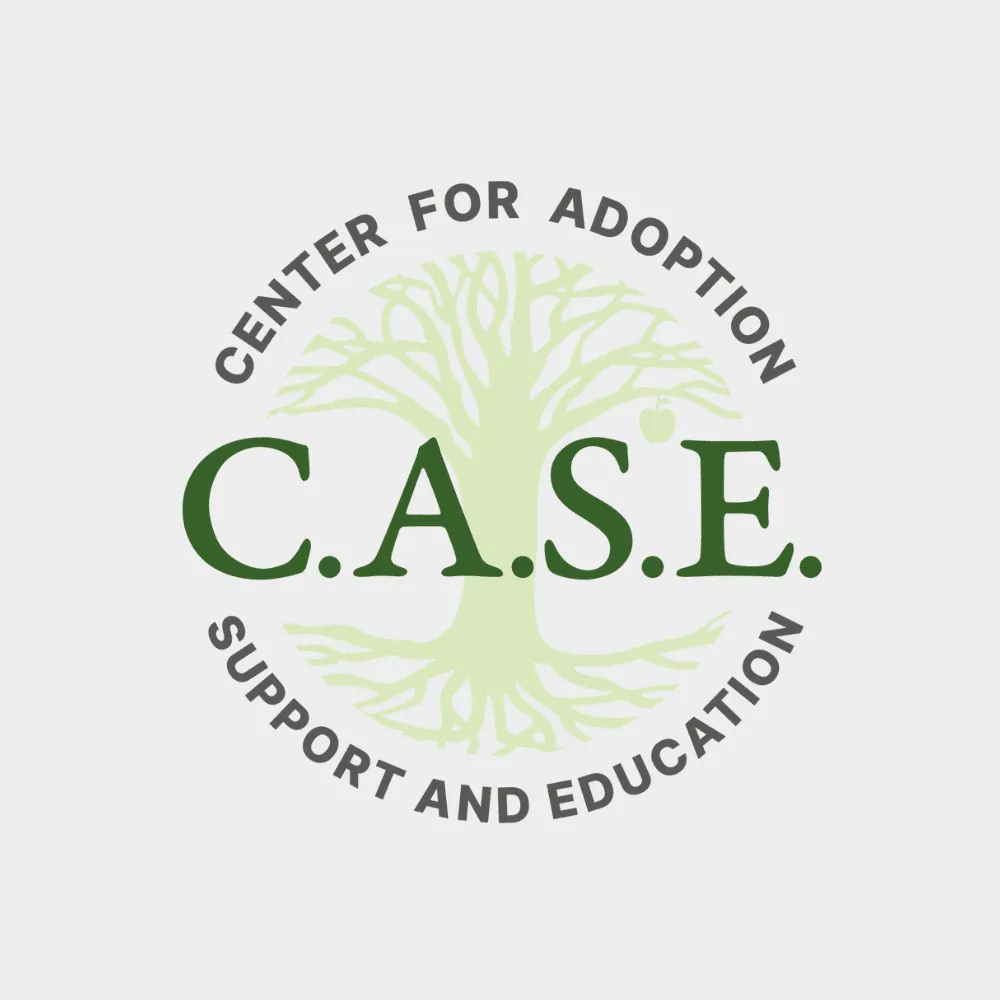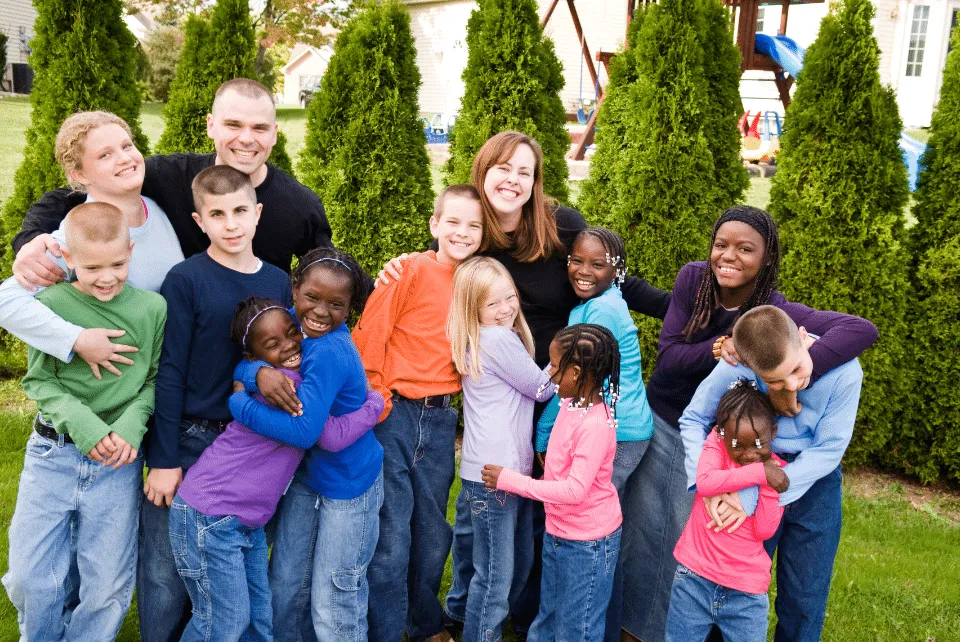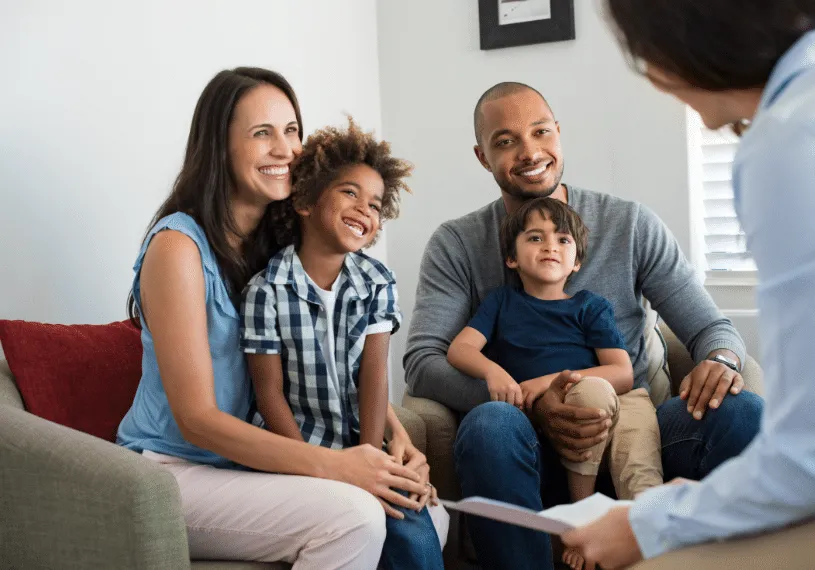Holidays with Extended Family: An Opportunity for Connection
Holidays with Extended Family: An Opportunity for Connection
As the holidays approach and families anticipate the time they may be spending with relatives and close friends, parents often think about the relationships between their children and these important people in their lives. For some families who live far apart and only see each other at holiday time, the chance to build connections makes this time especially important.
For adoptive parents, the desire for their children (and their family) to be loved and accepted may be tinged with anxiety. Will their relatives and friends accept their children? What are the attitudes of their relatives and friends about adoption? Will the subject come up in some way? If so, do these people know how to even talk about adoption? Do they know positive adoption language? Will they unknowingly say something hurtful? Will they be sensitive to their children’s feelings?
Educating Family Members
Just as adoptive parents broadened their understanding of adoption (beyond the personal experiences they had prior to considering adoption), so too must extended family members learn a great deal. For example, many people still think of the adoption process of the past as being true today. They may be shocked at the idea that many adoptive families and birth families enjoy some kind of contact/relationship with each other.
They may be uncomfortable with the fact that perhaps birth relatives have been invited to share in the family’s celebrations. They may have no understanding why a family’s house is decorated with Chinese paintings just because the adopted child is from China. After all, isn’t she being raised to be an American? Just as adoptive parents may have in the past, used the terms ‘real parents’ or ‘put up for adoption’ or ‘surrendered’ or ‘hard to place’, now hearing those same words from others, let alone from their relatives/friends, may be shocking. Having been hurt by intrusive questions from strangers, adoptive parents may still be surprised to know that their own close circle may feel entitled to information about their child’s birth family and not understand the need to be respectful regarding the privacy of a child’s adoption story.
Adoptive parents have learned so much as they have strived to understand and meet their children’s needs. They have also learned (hopefully) so much about how a child might think and feel about his/her adoption at different ages. Now, to foster the relationships between their children and their relatives/friends, adoptive parents can and must help to educate and normalize adoption to their extended network. This is not an easy task, as people often ‘don’t know what they don’t know.’ After all, if your child’s grandmother’s best friend growing up was adopted, then she ‘understands’, no? Maybe, but a sample of one does not an expert make! Adoptive parents can bring their relatives ‘up to speed’ in many ways. The best way is to prevent difficulties from arising is by sharing the important things to know (as they pertain to your family situation.)
- Explain kindly that your child’s story is his and only he can share the details he wishes to share as he grows.
- Help extended family members understand how aspects of your child’s behavior may be related to experiences he had prior to adoption – e.g. in the orphanage, in foster care.
- Education can also involve helping the extended family learn about a child’s heritage or ethnic/racial background (if different from the family), or possibly the country where he was born. Explain to your loved ones why keeping an adopted child’s heritage is so important and why you may have incorporated certain traditions into your celebration of the holidays as a result.
- Help your relatives understand why you are thrilled (not threatened) to receive the lovely holiday cards/gifts from your child’s birth family. If birth family members are to be included in family celebrations, obviously it is a good idea to prepare relatives/close friends for this as well. Educate them about the benefits of open adoption to your child, your family and your child’s birth family. With regard to the latter, isn’t the holiday season about being open-hearted?
If a relative or friend is open to reading, give them books, articles, websites and other resources to increase their knowledge. Sometimes parents invite their relatives to join them in attending adoption-related holiday celebrations. Many adoptive parent support groups hold holiday get-togethers. The important thing is to keep the lines of communication open, be patient and respectful. Anticipate and even role play the difficult questions that may come up or the troubling comments. If you get defensive or angry, the relative/friend learns nothing about adoption except that you seem ‘overly sensitive and overly reactive.’
One more tip for creating bonds – look for the similarities between your child and his relative and comment on those similarities. Maybe your son laughs the same way as Uncle Harry. Maybe your daughter loves to cook like Grandma Mary. Children may not physically look like their adoptive family members, so pointing out these similarities can help to create an important sense of connection between your child and their relatives. A child’s sense of belonging to an extended family network provides important support as he grows up. For the child who joins her family through adoption, it is especially critical to feel that family members claim her as ‘one of theirs.’ Those strong bonds also provide peace of mind that the next generation – children and grandchildren of the adopted family member – will continue to be ‘just part of the family’!
